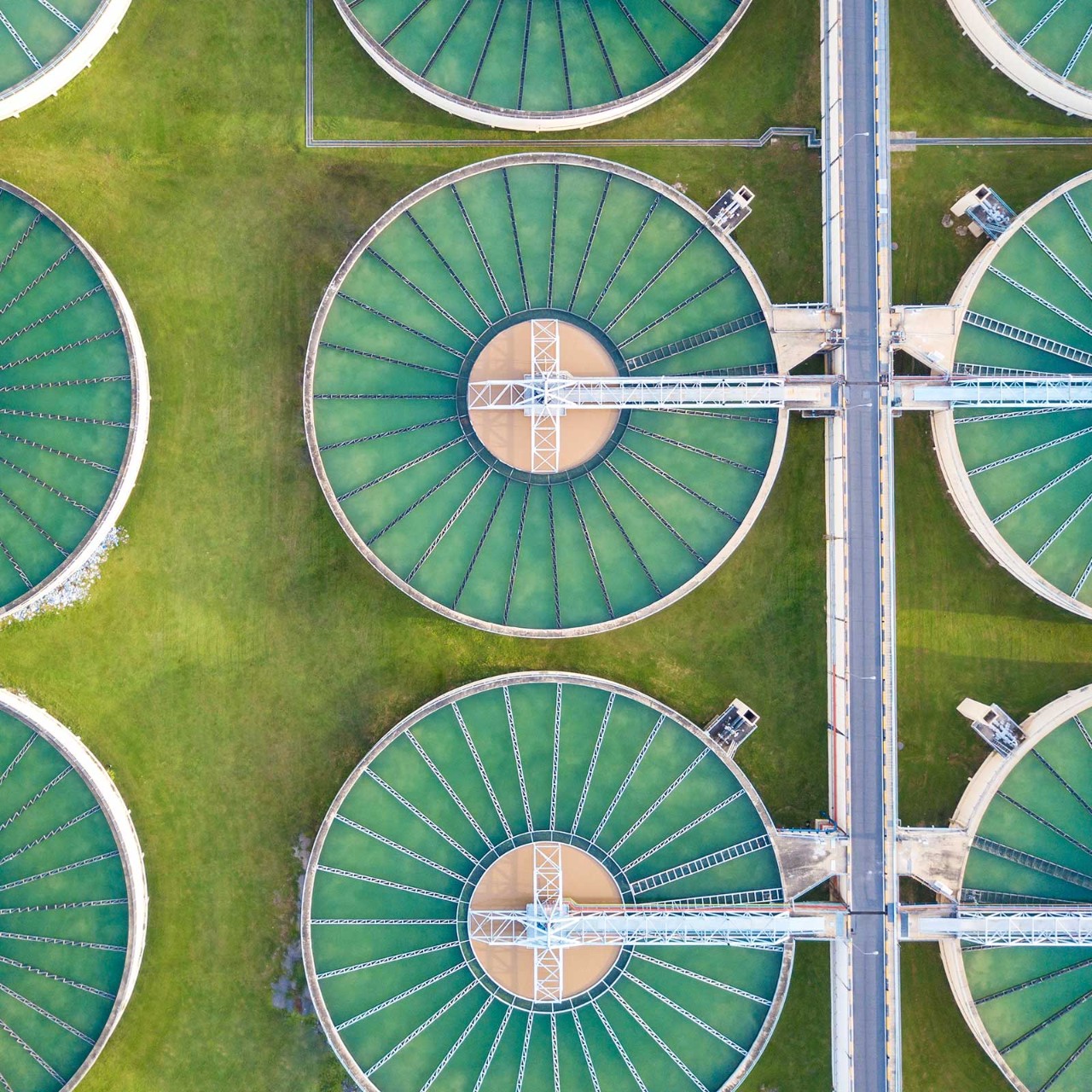
We hear and read it again and again, that the Covid-19 pandemic is making the poor poorer and the rich richer. The global crisis has violently disrupted the very things – healthcare, education and ability to earn income, for instance – that are instrumental in lifting the lives of the underprivileged.
There is no cure yet for Covid-19, but there are many people offering prescriptions for treating the pandemic’s fallout.
One category of measures is rooted in the idea that the wealthy can contribute more to the Covid-19 fight and the efforts to tackle inequalities.
Governments around the world are pouring vast amounts of money into aid packages and economic stimulus programmes. At the same time, their existing tax revenue bases are shrinking because businesses are wilting and jobs are disappearing. In this tough environment, the search for new sources of public funds has become an urgent mission. Some people argue that in these extraordinary days, the haves must be asked to fork out more to help the have-nots.
One-off levies
An example of that notion in operation came in early December, when Argentina’s lawmakers approved a one-off tax on the country’s 12,000 richest people to help the government pay for medical supplies and relief plans.
Days later, the UK’s Wealth Tax Commission, a non-government independent body, issued a report to recommend that if Covid-19 leads to additional taxes in the UK, the first option should be a one-off wealth tax rather than higher employment or spending taxes.
And during last year’s US presidential election campaign, Joe Biden pledged to ‘require corporations and the wealthiest Americans to finally pay their fair share’.
Similar sentiments have been aired in Malaysia in recent times, especially after the pandemic struck.
Speculation that Malaysia will introduce inheritance tax and capital gains tax has been floating around for a few years already, but current circumstances have made it harder to shrug off such talk.

Some people argue that in these extraordinary days, the haves must be asked to fork out more to help the have-nots
Tax and spend
Last year, the Malaysian government ran a fiscal deficit that was equal to an estimated 6% of GDP, far surpassing the original target of 3.2% and the highest since the 6.7% of 2009. This year, given the largest budgeted expenditure in the country’s history, the deficit is projected to be 5.4%.
In addition, there is mounting pressure to reduce corporate income tax rates so that Malaysia can compete better for foreign investments. If the rates are lowered, the drop in revenue may have to be offset by new taxes.
The Covid-19-related surge in the profits of Malaysian manufacturers of personal protective equipment, which are among the few clear beneficiaries of the public health emergency, has triggered calls for a windfall tax on these companies.
Although not quite a direct response to the impact of Covid-19, another proposal that emerged amid the pandemic is that the rates for Employees Provident Fund dividends should be higher for contributors with lower balances and vice versa. This too reflects the growing belief that Malaysia needs to step up its redistribution of wealth and income, particularly in the wake of Covid-19.
Resistance
Of course, there is always strong opposition to new taxes. The longstanding arguments are that there will be unintended consequences such as capital flight, and people working, investing, saving and innovating less.
It is facile, however, to say that the rich are opposed to paying more taxes to assist the most vulnerable. The government must first convince the people that the new taxes are fair and equitable; that they will be implemented transparently, consistently and efficiently; and that the money will be put to good use as promised.
Ultimately, it is about fostering trust, goodwill and solidarity. Without these, no country can be strong, in sickness and in health.



